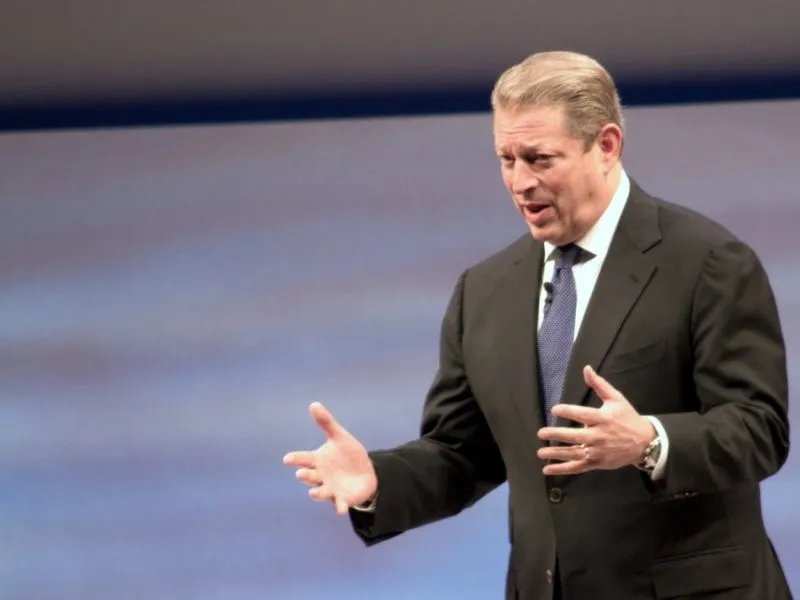Today Al Gore reminded me that when someone tells you something, do something

Ten years ago I saw the Al Gore film, An Inconvenient Truth. Driving home from the cinema that night, I passed a car with its headlights off – and flashed my headlights at them using the local language for ‘you’ve forgotten to turn on your lights’. What happened next is a metaphor for climate change denialism.

The driver didn’t turn on their headlights, didn’t pull over to investigate what may have been be wrong, nor thanked me for alerting them to their oversight. They honked their horn at me. And kept on driving in the dark.
Now, I don’t know about you, but if I’m provided with information about something that should inspire action, I’m grateful and try to immediately act on the new knowledge I have been given.
I don’t have anything against people driving at night with their headlights off: it’s an easy – albeit dangerous – mistake to make. But if they ignore a warning and keep driving, I’m inclined to judge them more harshly.
Listening to Al Gore speak today to the Ecocity conference in Melbourne, I was reminded of my experience a decade ago – and how that driver’s action was a lot like the denial of climate change.
I’ve been surrounded for years by scientists who have dedicated their lives to understanding how the climate is changing due to human activities. With most people I meet, once I provide information on how the planet is changing, they understand and may even act to change their behaviour to do something about the problem.
But every now and then, I speak to someone who doesn’t ‘believe’ the facts. Despite being furnished with information, they don’t believe it, and keep living the way they always have. They may even get angry. Just like the driver who honked their horn at me when I warned them about their headlights being off.
Today I was in the audience at the Ecocity 2017 conference as Al Gore asked, ‘must we change, can we change, and will we change?’ He started with what is now well-known information about the changing planet: we are releasing carbon dioxide into the atmosphere faster than at any time in the last 66 million years; that 16 of the world’s 17 hottest years have occurred since 2001. Indeed, he said we know global warming is happening because the hottest year on record now always seems to be the year we’re currently in.
Then things went very dark very quickly. Mr Gore explained that heatwaves in Australia are now five times more likely than in the past, and he showed videos from around the world of people, vehicles and aeroplanes stuck in melting tar as temperatures soared above 50 degrees Celsius. The audience was shocked by videos of disasters, near misses and dramatic rescues that brought to life the rise in extreme events due to human activities.
But hang on, he said, the hope is coming. We generate 16 times more wind energy than was expected a decade ago; 75 times more solar energy. In 2016, the UK generated more electricity from wind than from coal. Solar energy plus batteries will change the world, according to Mr Gore.
Unlike a decade ago, Al Gore is not just promoting the problem. He’s promoting the solution; he is promoting hope. He called for us to join those who use their voices, votes and choices to do something about climate change – in short, not to continue to drive around in the dark.
Author:
Date Posted:
July 13, 2017
